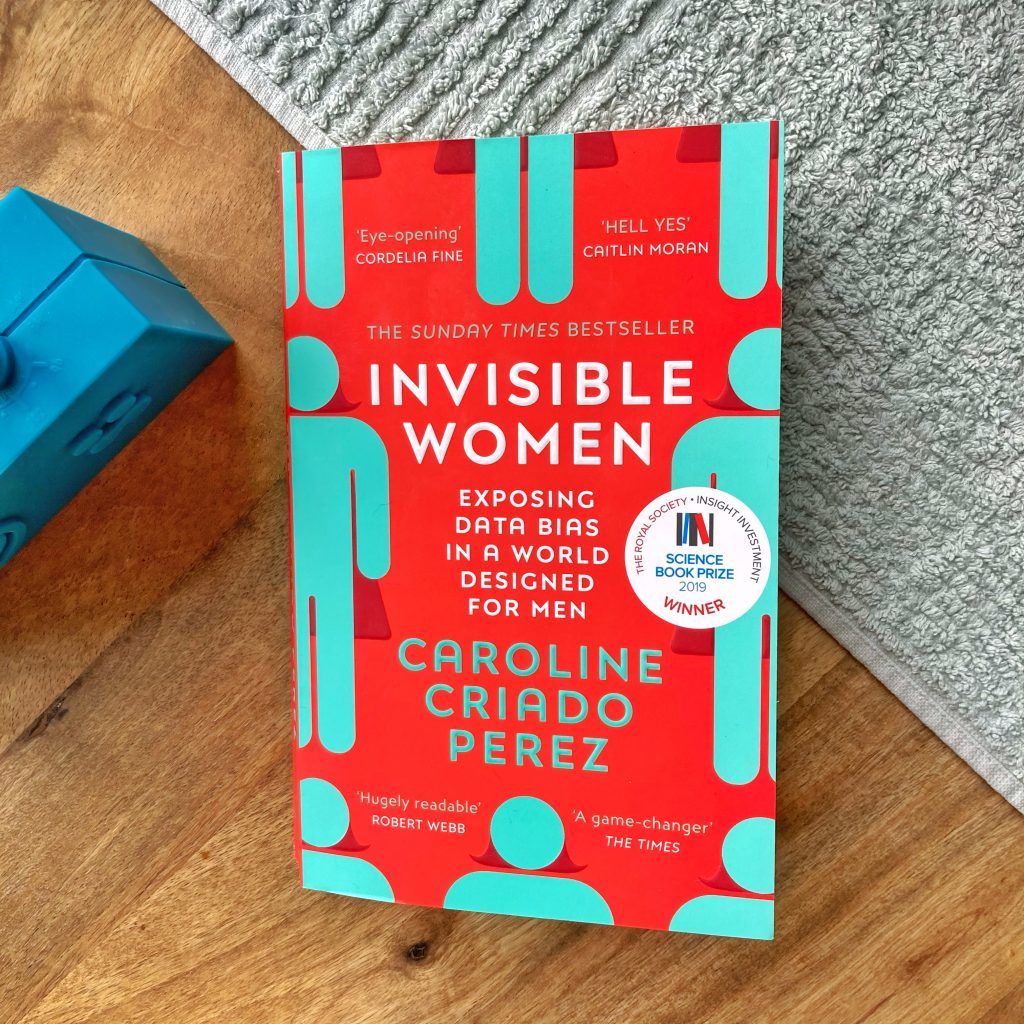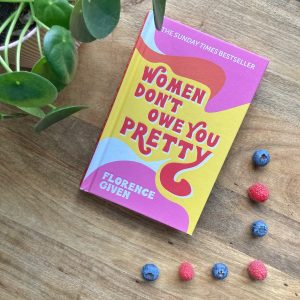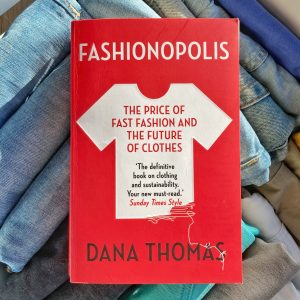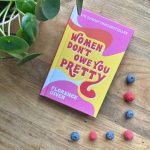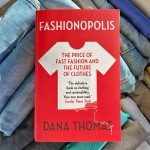invisible women by caroline criado perez is one of the most important books i read in the last years.
which is why i was really nervous about writing this review.
i absolutely wanted to do it justice.
but it also evoked so many emotions, thoughts and reflections, that i’m not sure that i have fully processed yet.
what is invisible women about?
invisible women covers in frightening detail how the data used to record, study, understand and design the world around us is biased towards men and against women.
criado perez shows that this is (mostly) not intentional, but rather the result of decades (if not centuries) of research being carried out by men in a tradition where males and humans were somewhat synonymous.
sure women were (sometimes) added somewhere into the equation as a smaller, more frail version of man.
the male, however, remained the default for about anything.
a ‘female shaped absent presence’ was the consequence.
meaning that where was a big, fat nothing where the data about women was supposed to be.
this is also known as ‘the gender data gap’ and it has serious consequences for women in about every aspect of life : the workplace, medicine, car safety, public infrastructure and so forth.
the five stages of grief
even though this book is at its heart a book about science with evidence so robust and sound it won the uk’s royal society science book price, reading it will make you feel all the feels.
the best way i can describe all these emotions is likening it with the five stages of grief:
denial and bargaining
i remember multiple times thinking ‘ok, she has a point, but does she have to come about it this strong? maybe it’s a bit too much.’
it felt uncomfortable.
until a realised that the only bit that felt uncomfortable about it was my own internalised misogyny.
by which i mean the decades of messaging from society that being female means to be nice and accommodating, not loud and demanding.
even just now, writing the introduction of this post, i was trying to make it sound as neutral ass possible.
self-censoring myself where it is absolutely not needed.
bargaining at its best.
anger
once i gave myself permission to really take it all in, what i read made me so angry i could literally feel a searing sensation inside my body.
the sheer ubiquity and pervasiveness of it!
the unfairness of it!
the number of women who have died because of this and still continue to die…
gloria steinem knew it all along
the truth will set you free, but first it will piss you of.
depression
a few weeks after the read when the first anger had cooled of, the sadness set in.
or rather a bit of resignation.
what to do about it anyway?
acceptance / hope
finally, upon reflection, there are a few positive take-aways that need to be acknowledged and that give me hope and strength.
if the gender data gap is not an intentional conspiracy by the patriarchy to oppress women, but simply a consequence of men having different experiences than women and therefore not being aware just how vital it is to include a female perspective, then simply providing them with convincing evidence should be enough to straighten much of this out in the future.
right?
as such, criado-perez has recently announced that she is writing a follow-up called : ‘now you see us’ to come out in 2022.
this new book will cover all the progress that has been made since invisible women was published in 2018.
i can’t wait!
meanwhile, be sure to also check out her newsletter. it’s like a weekly sequel to the book and hugely entertaining!
who is invisible women for?
this book is for anyone interested in
- gender equality
- science. in fact, i believe this book should be mandatory reading for all and any introductory courses in both the hard and social sciences.
- criado perez’s first book : do it like a woman.
feedback
now, it’s up to you.
have you read the 4-hour workweek?
if so, do you agree with my sentiment?
if not, did this review help you to make a choice whether you should read it or not?
please let me know in the comments.
idealistically yours,
the simps

